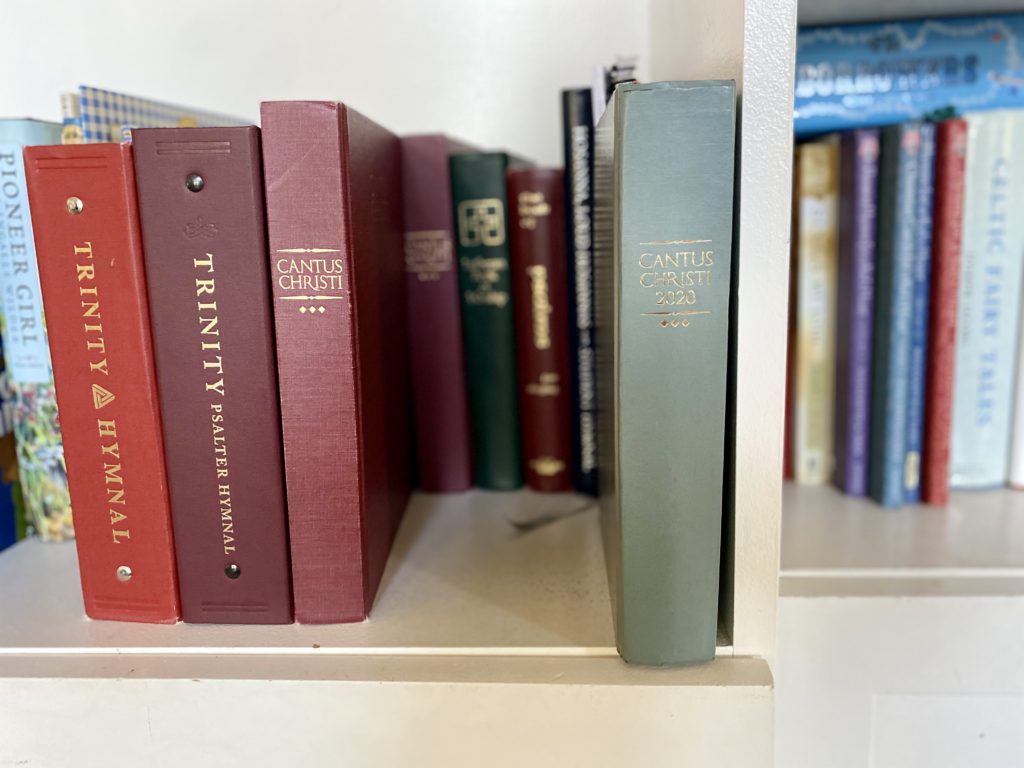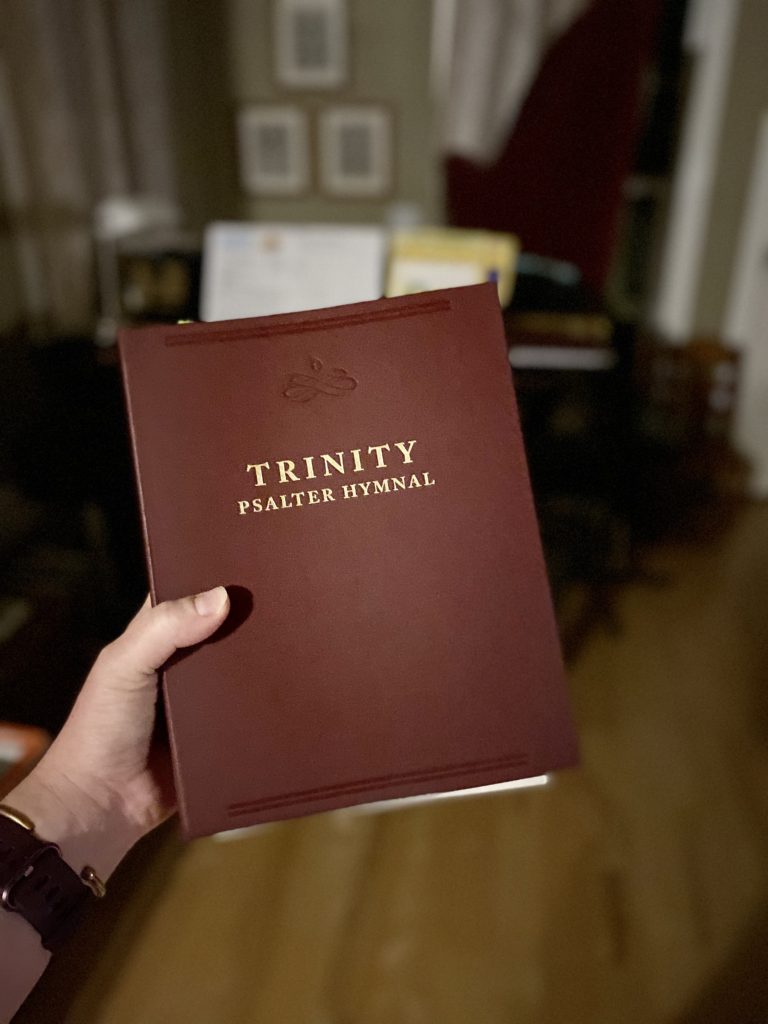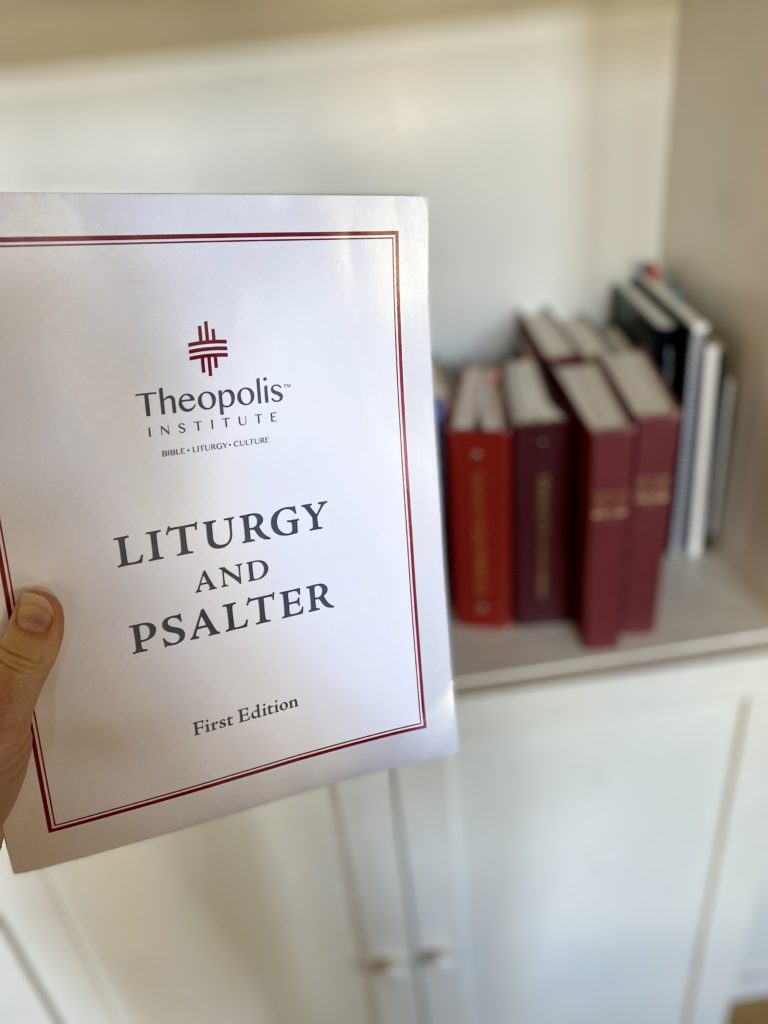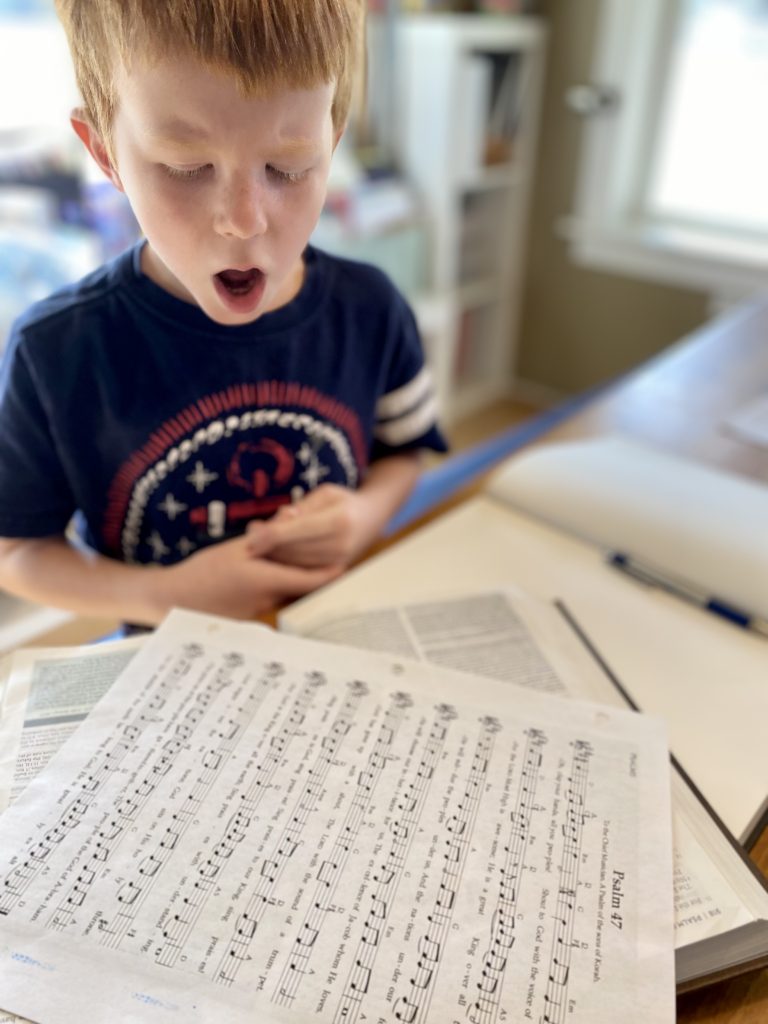I am no pro at homeschooling, especially when it comes to certain areas. I know enough to know that I will forever continue learning! Not only about art and history and algebra and scientific formulae, but also about education itself. I want to forever grow in my understanding of education and in my skills of educating the people entrusted to me.
Art is one of the many good and lovely things we like to study, but I can not pretend to have all the answers or methods or practices down pat. We try different things at different times. What we are currently doing is something we are currently loving! But what we love (and therefore do) changes from time to time as my children change and grow, and as their mama finds different ideas or resources as well.
My friends at PaideiaSoutheast.com recently reminded me that if something is genuinely worth pursuing, it is worth pursuing even if you don’t do it perfectly… dare we say, even if we do it badly.
I feel this way about art. My kids have always loved painting and sketching and coloring and embroidering. They are good at these things, and they love practicing these things. They also happen to be great activities for our long sessions of reading aloud! We have a whole plastic milk crate overflowing with how-to-draw books. Our favorites range from Ralph Masiello to Draw Through History to a variety of things by Dover that the kids try to replicate without the detailed step by step instructions.
But we also want to study art history, excellent artists, and renowned works of art ~ and preferably, without spending a heap of money and a ridiculous amount of time on such things.
The way we currently do it (and love it) is by folding Art Study into our Collective time. This year, I am sharing this with our homeschool co op, so I have been a bit more purposed & organized about it than in previous years. (Which is super excellent! I needed that push toward accountability!) Over the summer when I put together Collective plans for our upcoming co op year, I chose thirty-one pieces of art that we would study.
On Wednesday at co op, I spend about 5-8 minutes showing the piece of art to everyone, giving a little bit of background about the artist, and then telling about the specific piece of art. What is its size? What medium was used? What is unique about it? What is typical about it? What is its history? Why was it created? How long has it survived?
On Thursday, we watch a YouTube video or two about the artist and the specific piece of art. I like to find a coloring page or color-by-number sheet for the kids to do that day. On Friday, we finish that up and review what we remember from the previous days of studying it.
Then on Monday and Tuesday I try to have the kids imitate the art, usually just with sketching. What elements do they include in their imitation?
This is how we study art and this is why we study art.
It is good to remember that we are created beings, and we are made in the image of our Creator, so therefore we ought to delight in imaging Him, copying Him, imitating Him, creating like Him. We are imperfect, we get frustrated, we don’t have tons of time to put toward it… but we dabble in this area, we delight in it… and it’s just one more way that God allows us to taste and see that He is good.
~~~
Example: the Mona Lisa by Leonardo daVinci, c. 1503-1519
The Mona Lisa is described as “the best known, the most visited, the most written about, the most sung about, the most parodied work of art in the world.” I have even seen this in the Louvre myself! It was much smaller than I had expected it to be, but I had not particularly studied it ahead of time. It is actually 21”x30”—painted in oils on a white panel of poplar wood. It was primarily painted between 1503 and 1506, but supposedly daVinci iterated and touched it up repeatedly even as late as 1517. X-rays reveal three layers of earlier versions below the surface.
She is the portrait of the wife of a Florentine merchant—he commissioned the painting, but never received it. Interestingly, daVinci himself kept it until right before his death when he sold it to the King of France, who apparently hung it in his bathroom. It is now property of the French Republic and has been on display at the Louvre since 1797. Only the very elite could have their portrait painted during this time in history, and you needed to “sit” in order for the painter to capture your likeness. You must live rather a life of leisure to have time for such sitting. There was no selfie stick! Since this is the portrait of a cloth merchant’s wife, it is a reminder that things were changing during the Renaissance—and this was done in Florence, which was known as an economic hub of the era.
This was a new way to do a portrait, because it was not a proper bust length. This was considered a half length – it was more natural. Including hands, a background, and a turned angle of the sitter’s body was a new formula of painting pose for this location. It had been done in northern areas, but this was brand new for Italy.
This is also where we can see a painting technique that daVinci loved, called sfumato, which literally means smoke. He uses this hazy quality in order to bring an atmosphere of unity. And it brings the figure herself emerge out of the darkness without it being a stark contrast. He apparently used multiple coats of a translucent (semi-transparent) oil paint, which added to the effect of depth. It looks like she is seated on a chair, and there were two columns to her sides… and in fact, there may have been columns on it originally, and it may have been cut down.
The Mona Lisa is one of the most valuable paintings in the world. It holds the Guinness World Record for the highest known insurance valuation in history at US$100 million in 1962 which is equivalent to $870 million in 2021.
What is loved about this painting? And why is it so famous?
People love to talk about her slight smile; it is her smile which causes critics to call her a mysterious woman. People love to notice her missing eyebrows—which was a sign of beauty in that era, women would pluck or shave off their eyebrows. Notice the gauzy veil over her hair and top of her forehead—a little reminiscent of the Lady with an Ermine, if you remember back to the piece we studied last week. And if you look carefully you can see incredibly fine brushwork as daVinci painted delicate embroidery on Mona Lisa’s gown. The fame of the Mona Lisa only grew when it was stolen by a Louvre employee in 1911. He simply tucked it into his coat! It was missing for two years, but has been happily on the wall in the Louvre again for another hundred years.
Color by number Mona Lisa
Coloring page of Mona Lisa
Video about the Mona Lisa https://youtu.be/B06PK4yZwvY
Video for little ones about Mona Lisa https://youtu.be/dCOI90wO_3o
Video for little ones about Da Vinci https://youtu.be/eEy0njL4DDI








